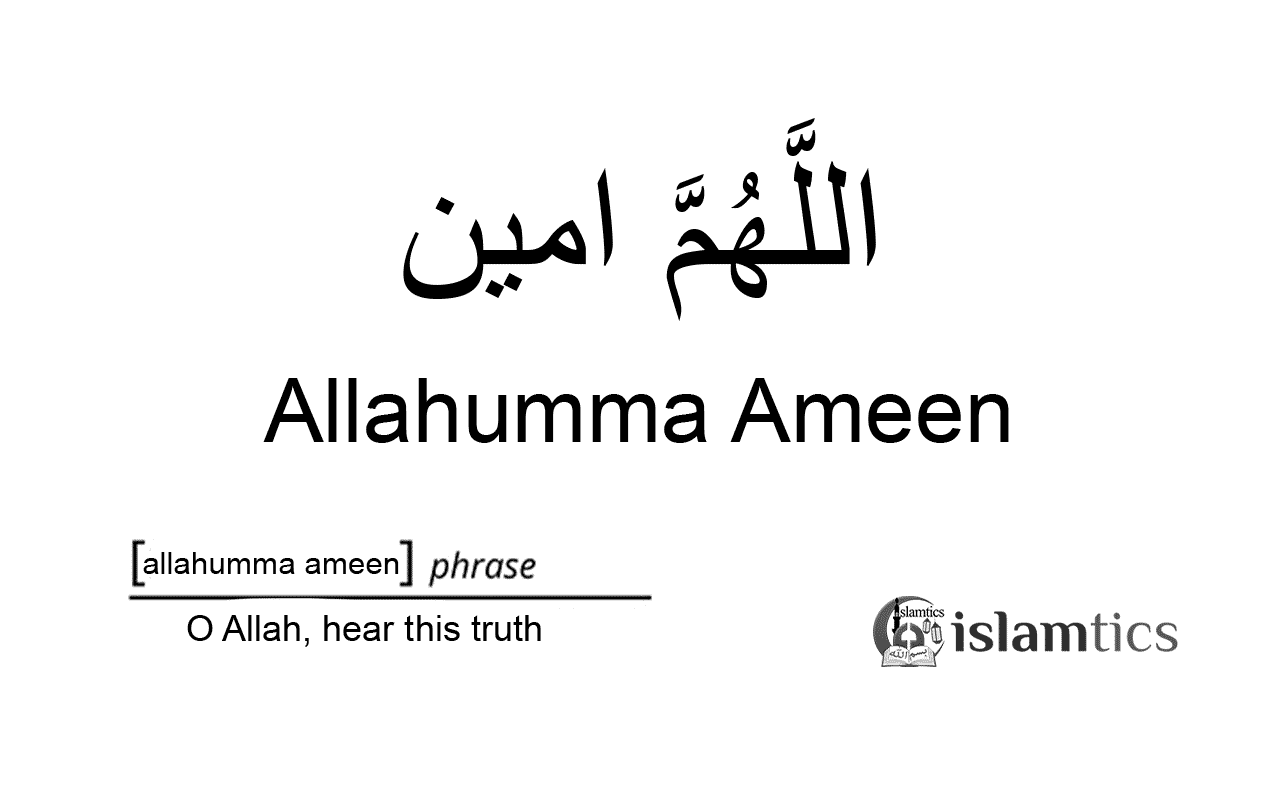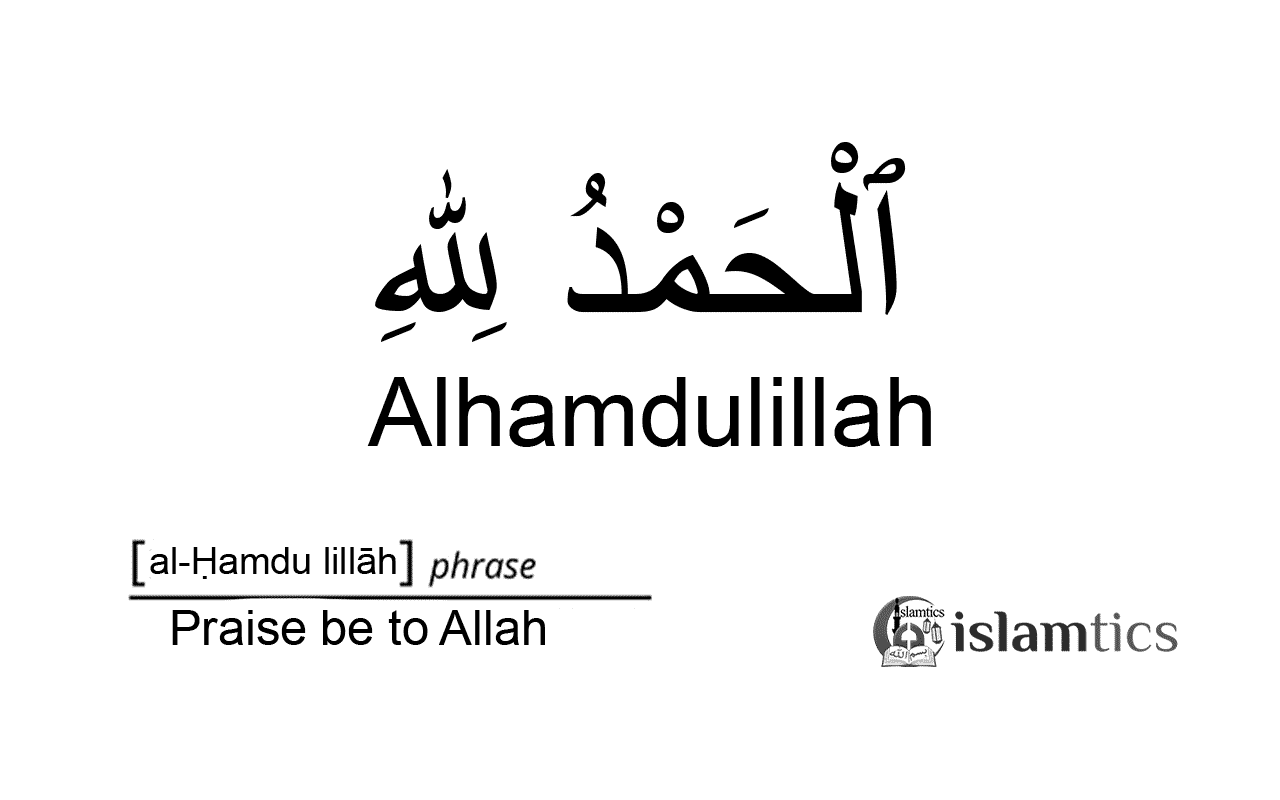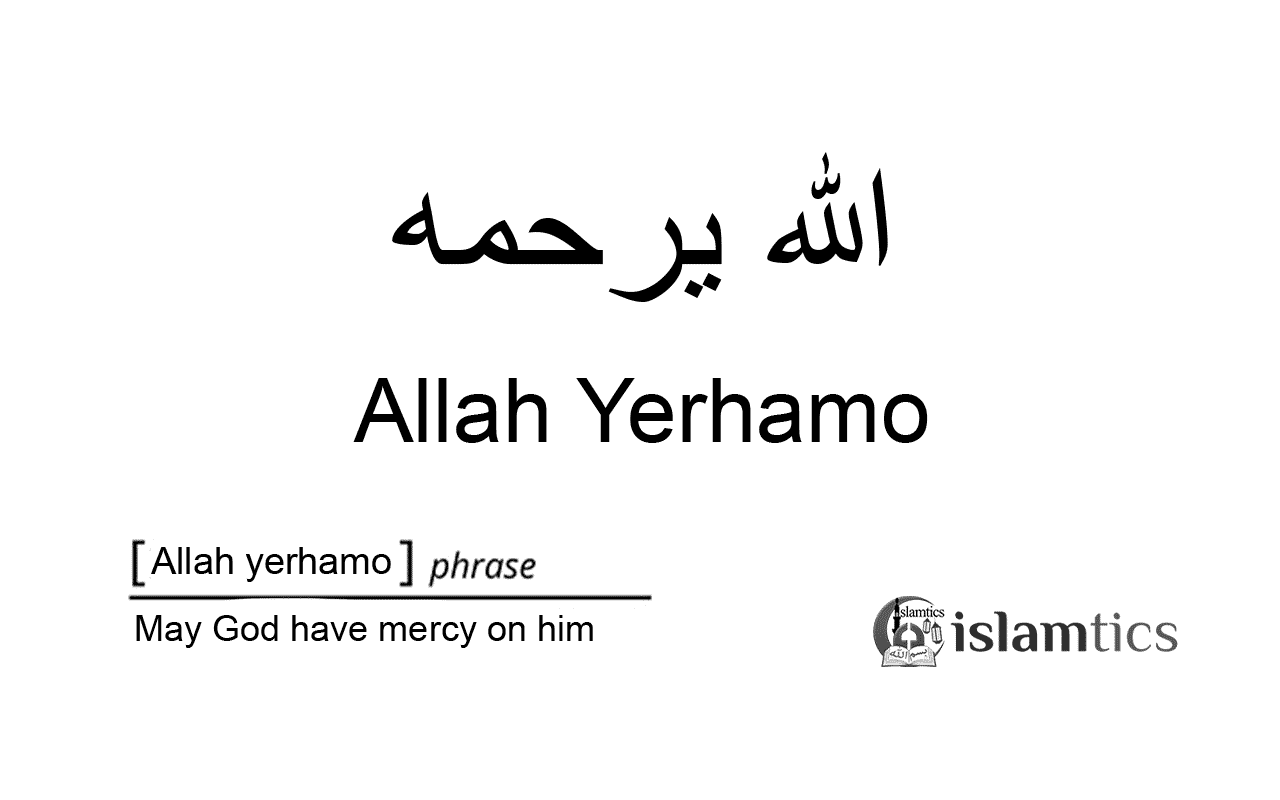Sometimes, a phrase catches our ear, something we might not have heard before, and it just sparks a little bit of curiosity. It’s a natural human thing to want to figure out what words mean, especially when they sound a bit different or carry a certain tone. The phrase "barik laha" is one of those expressions that can leave someone wondering, prompting a quick search to try and get to the bottom of its message. We often encounter new words or sounds in our day-to-day lives, and our brains are very good at wanting to make sense of them, to connect them to something we already know, or to learn something completely new. This desire to understand is a powerful force, and it helps us build connections with the world around us, too it's almost.
Language, you know, is a really fascinating thing, a kind of living, breathing collection of sounds and ideas that people use to share thoughts and feelings. It's always shifting, always picking up new bits and pieces, and sometimes, words or phrases travel across different places or groups of people. When we hear something like "barik laha," it makes us think about where it might come from, what kind of feeling it carries, or what message someone might be trying to send with it, that is that.
So, we're going to take a little look at what "barik laha" might be all about. We'll explore the possibilities, consider why someone might be asking about it, and think about the wider picture of how language works when we come across something unfamiliar. It’s a way of exploring the richness of human communication, and how a simple collection of sounds can hold a lot of potential significance, or very little, depending on the situation, you know.
- Dolphins Head Coaches
- Escape To The Dream Jonathan Parents
- How Many Grammys Does Christina Aguilera Have
- Man Taking Selfie In Mirror
- Isha Clothing Store
Table of Contents
- What's the Fuss About "Barik Laha Meaning"?
- Why Do We Look for "Barik Laha Meaning"?
- Where Could "Barik Laha Meaning" Come From?
- How Does Context Shape "Barik Laha Meaning"?
- What if "Barik Laha Meaning" is a Mishearing?
- Connecting Through Shared Language - Beyond "Barik Laha"
What's the Fuss About "Barik Laha Meaning"?
When a phrase like "barik laha" pops up, it can make us pause, can't it? It's not something you hear every day, and that's precisely what makes it so interesting. People are naturally curious about words that sound a little out of the ordinary. It's like finding a new kind of plant or seeing a bird you've never noticed before; you just want to know more about it. This kind of inquiry often comes from a desire to connect with what's being said, to not miss out on a message, or to simply broaden one's personal collection of words and phrases. We often find ourselves in situations where someone says something that sounds significant, and we want to grasp its full import, very, very much.
The "barik laha meaning" question might come up in many different settings. Perhaps someone heard it in a song, or in a movie, or maybe even in a conversation between people speaking a language they don't fully comprehend. It could be a snippet of a prayer, a blessing, or even a simple greeting. Without the surrounding details, the sounds themselves become the main focus, and our minds work to fill in the blanks. This is how language learning often begins, by noticing patterns and trying to assign a purpose to them, too it's almost.
Hearing Something New - The "Barik Laha" Sound
The sounds themselves, "barik" and "laha," have a certain flow to them. They might remind someone of words from various languages, which can add to the puzzle of the "barik laha meaning." For instance, "barik" could bring to mind words related to blessings or good fortune in some traditions. "Laha" might sound like parts of other words that express different concepts. The way these sounds combine can create a sense of mystery, a feeling that there's a deeper message waiting to be uncovered. It's a bit like listening to a piece of music you don't know; you can appreciate the melody, but you want to understand the lyrics, you know.
People often search for the precise sense of a phrase like "barik laha" because they want to use it correctly, or simply because they want to know what it means if they hear it again. It's a way of building a personal dictionary of the world's many expressions. Every new phrase we learn adds a little bit more to our ability to communicate and to appreciate the rich tapestry of human speech. It shows a genuine interest in how others express themselves, and that's a pretty good thing, really.
Why Do We Look for "Barik Laha Meaning"?
Why do we bother looking up the "barik laha meaning" or any other unfamiliar phrase, for that matter? It really comes down to our basic human drive to connect and to make sense of the world around us. Language is our primary tool for sharing thoughts, feelings, and information. When we encounter something new, especially in language, it's like a small gap in our understanding, and we naturally want to bridge that gap. We want to be able to participate fully in conversations, to appreciate stories, and to understand the intentions behind what people say. This drive is very, very strong.
Think about it: if someone says something to you, and you don't grasp its message, it can feel a little bit isolating. You might wonder if you're missing out on something important, or if there's a nuance you're not picking up on. This is especially true for phrases that sound like they might carry some emotional weight or cultural significance. The quest for "barik laha meaning" is really a quest for connection and clarity, in a way.
The Human Need to Understand
Our brains are wired for patterns and meaning. From the time we are very small, we are constantly trying to figure out how things work, what sounds mean, and how to interact with our surroundings. This need to understand extends deeply into how we process language. When we hear "barik laha," our minds immediately start trying to place it, to categorize it, to find a place for it in our existing knowledge. If it doesn't fit neatly, we go searching for answers, basically.
This curiosity isn't just about knowing a definition; it's also about cultural literacy. Knowing the "barik laha meaning" could open a window into a different way of thinking, a different set of customs, or a different worldview. It's a way of showing respect for other cultures and their forms of expression. It allows us to build bridges between people, even if it's just one phrase at a time, you know.
Where Could "Barik Laha Meaning" Come From?
When we're trying to figure out the "barik laha meaning," one of the first things to consider is its possible origin. Languages borrow from each other all the time, and sometimes phrases can sound similar to words in entirely different tongues. It's like how some English words have roots in Latin or French; they've traveled and changed over time. So, "barik laha" could potentially come from a wide range of linguistic backgrounds, or it might be a specific phrase from one particular language that isn't widely known outside its original speakers, of course.
It's also possible that the phrase isn't a single, unified expression but rather two separate words that have been heard together. In some languages, "barik" might relate to concepts of blessing, abundance, or congratulations. "Laha" could be a separate word, perhaps a particle, a pronoun, or a part of a verb. The combination would then create a specific kind of statement or sentiment. This kind of linguistic detective work is quite interesting, really.
Exploring Linguistic Possibilities
Let's think about some general linguistic families. If "barik" sounds like "baraka" or "baruch," it might point towards Semitic languages, like Arabic or Hebrew, where such roots often mean "blessing" or "blessed." In Arabic, for instance, "baraka" is a very common concept, implying divine blessing or good fortune. If "laha" is connected, it could be a pronoun like "for him/her/it" or a part of a verb. So, a potential "barik laha meaning" in this context could be something like "blessing upon him/her/it" or "may it be blessed," which is a pretty common type of expression, you know.
However, it's important to remember that sounds can be deceiving. The same sounds can appear in completely unrelated languages with entirely different meanings. For example, "barik" could also be a word in an African language, or even a mispronunciation of a word in a European language. Without more information about where the phrase was heard, pinpointing its exact linguistic origin can be quite a challenge, as a matter of fact.
Cultural Whispers Around "Barik Laha"
Beyond just the language, the "barik laha meaning" could be deeply rooted in cultural practices or beliefs. Many cultures have specific phrases for good wishes, congratulations, condolences, or expressions of gratitude. These phrases are often used in particular social situations and carry a lot of unspoken meaning. For example, in some cultures, a phrase might be used when someone achieves something, or when they are starting a new endeavor, or even when they are simply passing by, you know.
If "barik laha" is indeed a blessing, it might be used during religious ceremonies, family gatherings, or significant life events like weddings or births. Understanding the cultural context helps us to truly grasp the "barik laha meaning" beyond just a dictionary definition. It tells us about the values, traditions, and ways of thinking of the people who use it. It's a way of getting closer to the heart of a culture, in a way.
Sometimes, phrases like "barik laha" are part of a larger saying or proverb. They might be a shortened version of a more complete thought, or a common response in a particular exchange. This is why knowing the context is so important; it's like trying to understand a single piece of a jigsaw puzzle without seeing the whole picture. The cultural background gives us the rest of the pieces, or at least hints at what the complete image might look like, you know.
How Does Context Shape "Barik Laha Meaning"?
When we talk about the "barik laha meaning," context is absolutely key. The very same sounds can mean wildly different things depending on where they're said, who says them, and what's happening at that moment. Think about the word "cool" in English. It can mean a low temperature, or it can mean something fashionable, or it can mean that everything is okay. The situation tells you which "cool" is being used, right? The same goes for any unfamiliar phrase, pretty much.
If "barik laha" was heard in a celebratory setting, like a party or a wedding, its meaning would likely lean towards something positive, like a wish for happiness or success. If it was heard in a more somber situation, it might carry a message of comfort or sympathy. The tone of voice, the facial expressions of the speaker, and the general atmosphere all contribute to how we interpret the sounds we hear. These subtle cues are just as important as the words themselves, in fact.
The Power of Where and When
Consider the source of the phrase. Was it spoken by a native speaker of a particular language? Was it part of a song lyric? Was it written down somewhere? Each of these scenarios gives us clues about the potential "barik laha meaning." A phrase in a song might be poetic or metaphorical, while a phrase used in everyday conversation might be more direct. The "where" and "when" are like little signposts guiding us towards the true sense of the words, you know.
For example, if someone heard "barik laha" while watching a documentary about a specific region, that region's languages and customs would be the first place to look for answers. If it was heard in a fictional story, it might even be a made-up phrase, though that's less common for something people are actively searching for. The specific circumstances surrounding the encounter with "barik laha" are very important for figuring out its real message, you know.
What if "Barik Laha Meaning" is a Mishearing?
It's also entirely possible that "barik laha" is a phonetic transcription of something that sounds similar but is actually spelled differently or comes from a different language altogether. Our ears can play tricks on us, especially when we're listening to unfamiliar sounds or accents. A phrase like "barik laha meaning" could be a close approximation of a word or phrase that is quite common in its original form, but just sounds a bit off to someone who isn't used to it, you know.
For instance, think about how different people pronounce the same English words, or how accents can change the way sounds are perceived. What one person hears as "barik laha" another might hear as "barikallah" or "barakallah," which are common expressions in Arabic meaning "God bless you" or "may God bless." This is a very common occurrence when languages meet, and it often leads to interesting variations in how words are understood and even adopted, actually.
If someone is searching for the "barik laha meaning," it might be helpful to consider similar-sounding phrases from languages that use sounds like 'b', 'r', 'k', 'l', and 'h'. Sometimes, just a slight adjustment in the perceived spelling can lead to the correct phrase and its established meaning. It's like trying to find a specific book in a library when you only have a partial title; you might need to try a few variations before you find the right one, pretty much.
Connecting Through Shared Language - Beyond "Barik Laha"
Ultimately, the search for the "barik laha meaning" is part of a larger human desire to connect through language. Whether it's a blessing, a greeting, or something else entirely, understanding what people say helps us build relationships, appreciate different cultures, and broaden our own perspectives. Every new word or phrase we learn is like a small step towards a greater understanding of the world and the people who live in it, you know.
Even if the precise "barik laha meaning" remains a bit elusive without more specific context, the act of seeking it out shows a valuable curiosity about human communication. It reminds us that language is a rich and complex thing, full of nuances and hidden depths. It's a system that allows us to share our innermost thoughts and feelings, and that's a pretty amazing thing, really.
So, next time you hear a phrase that makes you pause, whether it's "barik laha" or something else entirely, take a moment to appreciate the mystery and the potential for new knowledge. It's a reminder that there's always more to learn, always new connections to make, and always new ways to understand the sounds that people use to express themselves, you know.
This article has explored the potential origins and significance of the phrase "barik laha," considering why people seek its meaning, the role of linguistic and cultural context, and the possibility of mishearing. It has touched upon how human curiosity drives us to understand unfamiliar expressions and how language serves as a bridge between different cultures and individuals.
- Nate Bargatze Wife Cancer
- Ryan Grantham Age
- Wendi Mclendon Covey
- Noah Ohlsen Age
- Machine Gun Kelly Genres



